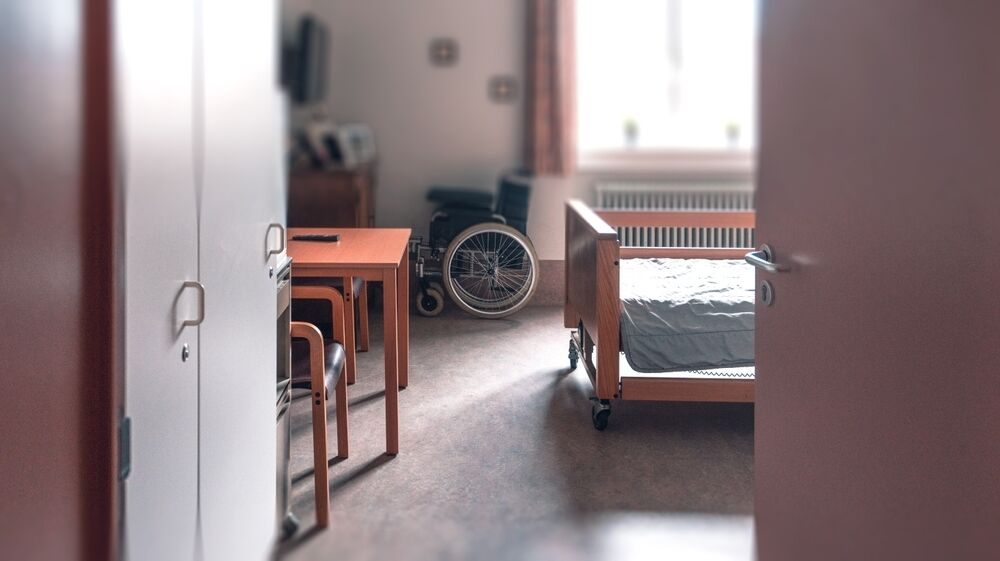Assisted Suicide
Euthanasia deaths rise sharply in the Netherlands

The Netherlands recorded a sharp rise in euthanasia cases last year, prompting growing concern from medical authorities and ethicists alike.
According to new figures published by the country’s regional euthanasia review committees (RTE), cases increased by 10% in 2024.
The figures show that a total of 9,958 people died by euthanasia, up from 9,068 in 2023.
This is the highest number recorded since the practice was legalised in 2002, meaning euthanasia now accounts for 5.3% of all deaths in the country.
Euthanasia laws in the Netherlands are among the most liberal in the world. Under Dutch law, physicians may end a patient's life if the individual is deemed to be “suffering unbearably… with no prospect of improvement,” which includes conditions such as mental illness. There is no requirement for the individual to be close to death.
While most recent cases last year involved people with terminal illnesses such as cancer, a growing number involved patients with psychiatric conditions, dementia, or age-related health decline.
Of the 2024 cases, 219 people died for psychiatric reasons, compared with 138 in 2023. In 2010, there were only two such cases.
These figures have led the RTE to warn physicians that they must exercise “great caution” when patients are suffering from a psychiatric condition. Doctors are required to consult a psychiatric specialist and an independent doctor before granting euthanasia.
“The doctor must always call upon psychiatric expertise for these patients,” the RTE said. “The aim of this is for the doctor to be well-informed and to reflect critically on his or her own convictions.”
In the past year, the RTE found six deaths by euthanasia that failed to follow protocol, including one case in which a doctor, without consulting a psychiatrist, granted euthanasia to a woman with an obsessive-compulsive need to clean.
The figures have also raised concerns about a significant increase in younger people requesting euthanasia, particularly those under 30 with mental illness.
Damiaan Denys, professor of psychiatry at Amsterdam University Medical Center, warned that such cases raise urgent ethical questions about whether young people, still in the process of psychological development, can truly meet the legal and moral standards required for euthanasia:
“How can one, at that age, determine with certainty that a young person with a still-developing brain definitely wants to die, that life is experienced as hopeless and without prospects, and that all treatments have already been carried out?”
The Dutch right-to-die society, NVVE, commented that this “slight” increase demonstrates that euthanasia is becoming increasingly socially acceptable in the Netherlands.
However, it is also an example of the slippery slope of assisted suicide.
For lawmakers in Britain and Scotland, as they prepare to debate their own assisted suicide legislation, the Dutch experience stands as a precautionary tale and a serious warning of the consequences of passing such legislation.
Share
